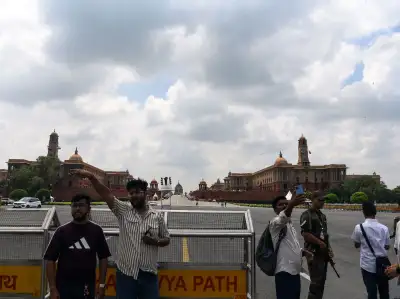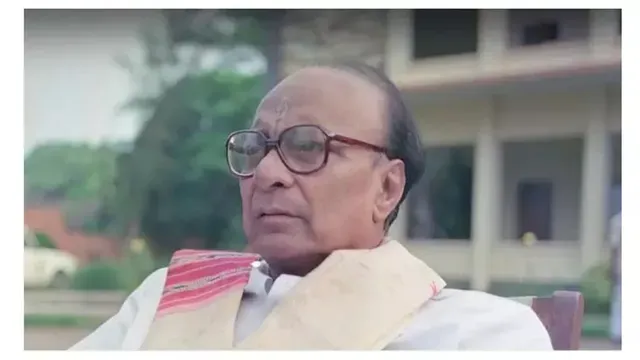

Bhubaneswar, Mar 5: Prime Minister Narendra Modi on Thursday paid homage to former Odisha Chief Minister Biju Patnaik on his 110th birth anniversary, recalling his remarkable contributions to the development and progress of the state.
Taking to X, the Prime Minister lauded Patnaik’s dedication to Odisha and his role in shaping its growth trajectory. “On his birth anniversary today, I pay tributes to Shri Biju Patnaik Ji and remember his passion towards furthering the progress of Odisha,” PM Modi wrote.
Biju Patnaik served as Odisha’s Chief Minister twice, first from 1961 to 1963 and later from 1990 to 1995. During his tenure, he spearheaded major industrial and infrastructure initiatives, notably the establishment of Paradip Port and the development of the Choudwar-Barbil industrial belts, which significantly bolstered the state’s economic landscape.
Apart from his focus on industrial growth, Patnaik was also a pioneer in introducing reservations for women in local governance, a progressive move ahead of its time. His leadership earned him the honorific title “Hero of Kalinga.”
Biju Patnaik also made his mark internationally. He was recognized for his role during World War II and received the rare distinction of having his mortal remains draped in the national flags of India, Russia, and Indonesia in acknowledgment of his global contributions.
Earlier in the day, Biju Patnaik’s son and Odisha Opposition Leader Naveen Patnaik paid his respects, calling the former Chief Minister “the great people’s hero and pride of the Odias.” Naveen Patnaik added, “Every worker of the Biju Janata Dal remains ever dedicated to the service of Odisha Ma in his ideals. His ethos of building the best Odisha by taking everyone along is an eternal source of inspiration for all of us.”
The Biju Janata Dal (BJD) also paid tribute, describing Patnaik as “a courageous son of Odisha who devoted his life to the service of the nation and the state.” The party emphasized that, inspired by his ideals, it remains committed to serving Odisha and continuing his vision for the state.